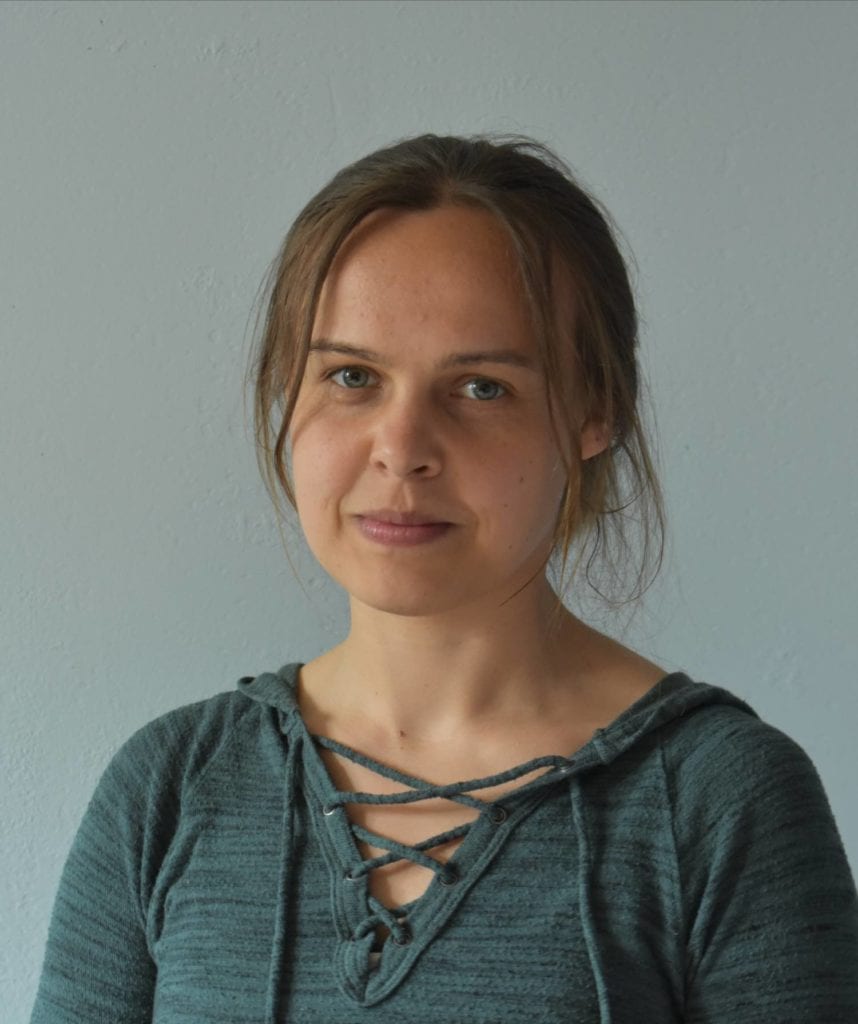Q&A with Dr. Aveline Filliol
Institution: Columbia University
Project Title: Role of HSC and ECM in the Development of Hepatocellular Carcinoma
 1. What is your first memory/experience of wanting to be involved in scientific research?
1. What is your first memory/experience of wanting to be involved in scientific research?
When I start to learn biology at school I begun to be interested about the incredible mechanisms of the life. My first internship in a laboratory gave me the desire to be involved in scientific research
2. How did you learn that you had won an ALF Research Award?
I was noticed by email.
3. Describe your Research Award Project in very simple (layman) language?
Liver cancer is the 2nd leading cause of cancer mortality worldwide and approximately 90% of liver cancers are Hepatocellular Carcinoma (HCC). Around 80% HCC develop in patients with underlying scarring of the liver (liver fibrosis or cirrhosis), triggered by chronic liver diseases like hepatitis B, C, alcohol or fatty liver. Fibrosis is caused by a cell type called myofibroblasts which produces extracellular matrix proteins like collagen. In the liver, most myofibroblasts are derived from hepatic stellate cells (HSC). Although myofibroblast accumulation and fibrosis are associated with HCC development, it remains unclear whether they in fact contribute to the development of HCC. My goal is to investigate the role of HSC in the development of HCC: (1) I will determine whether the inhibition or absence of HSC reduces HCC development in animal models. (2) I will study whether absence of collagen or one of the collagen receptors on cancer cells reduces HCC. The proposed studies may provide a basis to therapeutically target HCC with novel drugs targeting HSC.
4. What do you hope your research project will lead to:
a. In the short term?
I hope my research will help to better understand the microenvironment in which HCC develops and the mechanisms which promote liver cancer development.
b. In its overall contribution to a specific area of liver research?
I hope that a better understanding of the precancerous microenvironment will improve liver cancer provide new therapeutic opportunities for the prevention or treatment of HCC.
5. How did you first hear about the ALF Research Award Program
My mentor
6. What is the one thing you would like readers to know about why liver research is so important?
Liver cancer is the 2nd leading cause of cancer mortality worldwide and the incidence of HCC in the United States almost tripled between 1975 and 2011. Moreover HCC have poor prognose, with a 5-year survival rate of less than 12% due to a combination of late diagnosis and the lack of efficient therapies for advanced stages.
Last Updated on July 18, 2018
Share this page





